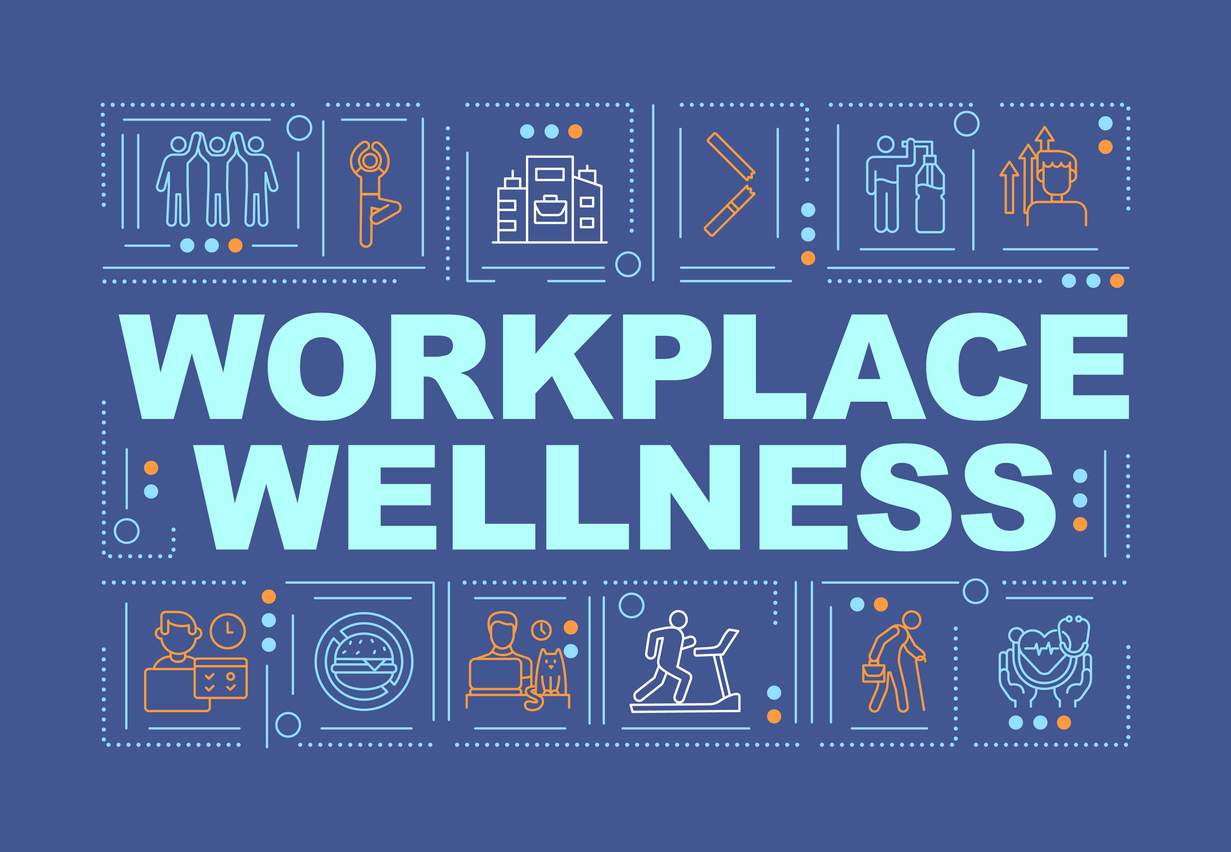
The 2023 Safeguarding Adults Week focused on how looking after our own wellbeing can empower us to safeguard others.
As part of this, we ran a survey to investigate the current state of wellbeing in the workplace. We wanted to know what sort of wellbeing provisions are in place for those who work in safeguarding and other care roles. And we also wanted to know how people felt about these provisions, and whether or not they were proving effective.
The survey results paint a pretty positive picture. It seems the majority of organisations do indeed provide adequate wellbeing provisions, and that staff are largely happy with the support that’s on offer. Also, it’s pleasing to see that the majority of staff would feel comfortable in discussing any issues with a manager, and that the majority feel confident that their manager would then take appropriate action.
Would You Feel Comfortable Discussing Mental Health Issues With Your Manager?
In Safeguarding Adults Week we also happened to launch our new strategy for 2023 and beyond. And our guiding vision is to stop the abuse of all adults through raising awareness, building understanding, and working together.
With this in mind, it’s discouraging to see that over a quarter of respondents do not feel satisfied with the wellbeing provisions in their workplace. Worse, nearly 30% of respondents would not feel comfortable discussing their wellbeing needs with their managers.
It’s also discouraging to see the negative impact that safeguarding and support work seems to have on people. Up to 80% of participants reported how experiencing significant negative side effects as a result of their work. Of course, we all struggle with our work from time to time. But we must take care to ensure that our struggles don’t become so severe that they fall into the category of secondary or vicarious trauma.
Secondary and Vicarious Trauma
As we explored during our 2023 Safeguarding Conference, the symptoms of secondary trauma can be highly similar to the symptoms of experiencing trauma first hand. This is a risk that all of us who work in safeguarding must be aware of, which is why it’s crucial that organisations provide suitable support services.
Our report features lots of suggestions for the sort of wellbeing support that managers could provide. But the most important thing a manager could do would be to work towards creating a welcoming and supportive culture. Staff should learn to spot the signs that they’re struggling, and they should feel comfortable in discussing their concerns with their manager. And also, they should feel confident that if they do ever reach out for help, their manager will take appropriate action.
One of the key goals in our new strategy is to help organisations work towards best practice in safeguarding adults. If you’d like to discuss how we might help you work towards creating a safer culture for both your staff and for the people you support, please don’t hesitate to get in touch with us.
View the survey responses in full here. Please note that, in the interests of data privacy, we have omitted some responses from the report.
